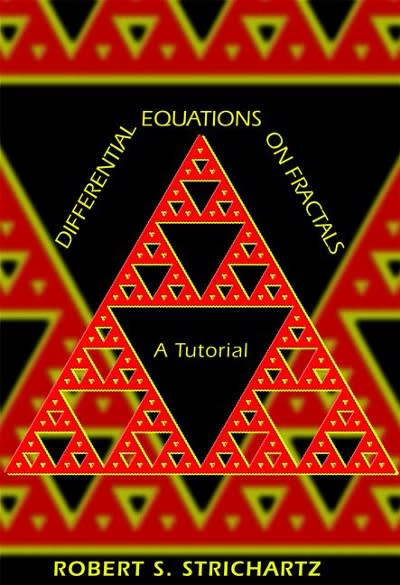Question
uestion 1(10 points) Saved Which of the following best describe the contradiction in the above proof by contradiction? Question 1 options: Line 4 contradicts line
uestion 1(10 points)
Saved
Which of the following best describe the contradiction in the above proof by contradiction?
Question 1 options:
Line 4 contradicts line 1 | |
Line 4 contradicts line 2 | |
Line 3 contradicts line 1 | |
| Line 3 contains the entire contradiction |
Question 2(10 points)
Saved
In the proof shown above, which step requires algebraic substition as its justification?
Question 2 options:
| Step 5 | |
| Step 3 | |
| Step 2 | |
| Step 4 |
Question 3(10 points)
Saved
In the proof by induction of the theorem n , n 1 2 + 4 + ... + 2n = n + n, which of the following would be the proper way to state the inductive hypothesis?
Question 3 options:
| Assume for n = k, 2 + 4 + ... + 2k = k + k | |
| Assume for n = k, 2 + 4 + ... + 2(k + 1) = (k + 1) + k | |
| Assume for n = k + 1, 2 + 4 + ... + 2k = k + k | |
| Assume for n = k, 2 + 4 + ... + 2(k + 1) = k + k |
Question 4(10 points)
Suppose in proving the proposition p q, we show that p is false. What type of proof have we used?
Question 4 options:
| Vacuous proof | |
| Trivial proof | |
| Direct proof | |
| Proof by contradiction |
Question 5(10 points)
Which of the following real number counterexamples provides a disproof of the universal statement "x , 10x x"?
Question 5 options:
| x = -10 | |
| x = 5 | |
| x = 10 | |
| x = 0 |
Question 6(10 points)
When we prove a statement about all natural numbers in two parts, first for all odd numbers, then for all even numbers, which of the following kinds of proof are we using?
Question 6 options:
| Proof by cases | |
| Direct proof | |
| Proof by contradiction | |
| Proof by contraposition |
Question 7(10 points)
In the proof shown above, what is the correct justification for the seventh step?
Question 7 options:
| Modus tollens | |
| Contraposition | |
| Modus ponens | |
| Hypothetical syllogism |
Question 8(10 points)
Which of the following best describes the necessary requirements for the base case(s) of every proof by induction?
Question 8 options:
| Every proof must have exactly one base case | |
| Some proofs do not require any base case | |
| No proofs require any base case | |
| Every proof must have at least one base case |
Question 9(10 points)
In the proof shown above, what is the correct justification for the third step?
Question 9 options:
| Definition of odd integers | |
| Definition of even integers | |
| Algebra | |
| Integers are closed under addition |
Question 10(10 points)
Assuming the predicate E(n) means n is even, which of the following is the proper way to begin a proof by contradiction of the theorem "n , m , E(n) E(m) E(n + m)"?
Question 10 options:
| Suppose there exist two even integers whose sum is odd | |
| Suppose that the sum of every two odd integers is even | |
| Suppose that the sum of every two even integers is odd | |
| Suppose there exist two odd integers whose sum is even |
Step by Step Solution
There are 3 Steps involved in it
Step: 1

Get Instant Access to Expert-Tailored Solutions
See step-by-step solutions with expert insights and AI powered tools for academic success
Step: 2

Step: 3

Ace Your Homework with AI
Get the answers you need in no time with our AI-driven, step-by-step assistance
Get Started


